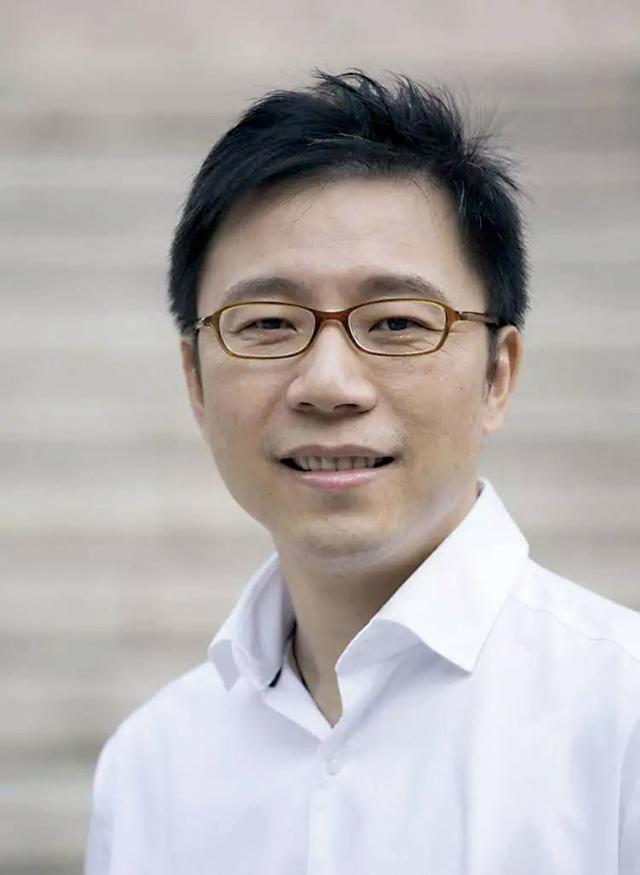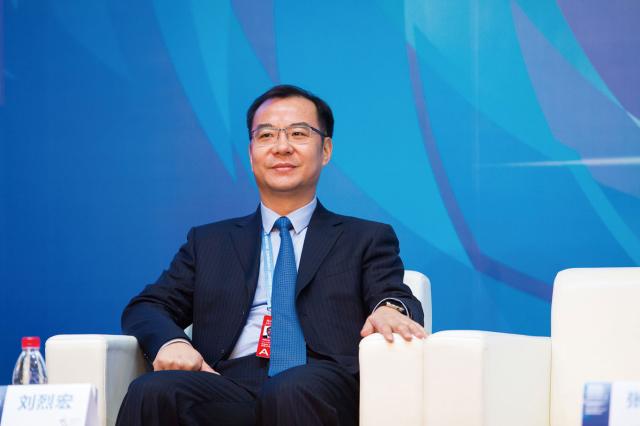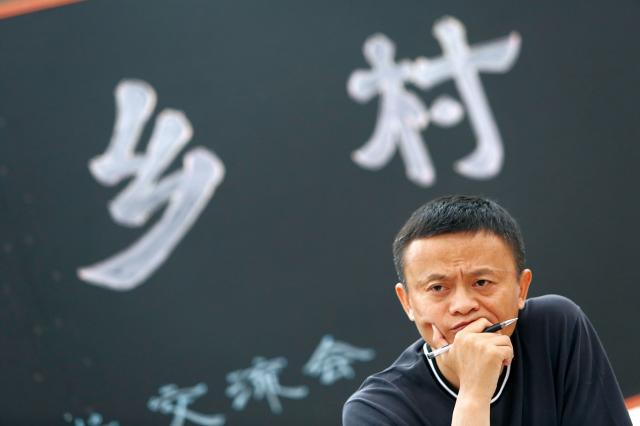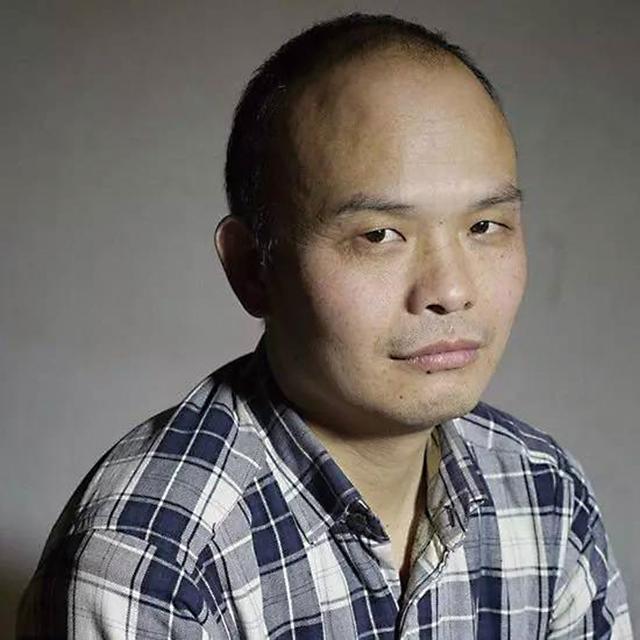“While busy with these mass amounts of [Chinese language] exercises, we ignored that language is based on humans, from humans and for humans... This loss of humanity and soul has made Chinese language education like a walking corpse.”
Teacher Wang Songzhou criticizing Chinese language educators for focusing too much on rote learning at his most recent book release in Shanghai
“It’s not the right prescription [for Beijing] to alleviate traffic by controlling the population.”
Lu Ming, a professor at Shanghai Jiaotong University’s Antai College of Economics and Management, who believes poor management and not population is the cause of Beijing’s traffic woes, at a summer forum held by the Narada Foundation, an NGO focused on social issues in China
“While [Twitter and Facebook] accounts [from the mainland] are blocked, those maligning Hong Kong police and posting fake information about Hong Kong protests are rampant. Now you know what double standards are and what confusing right and wrong is.”
Liu Liehong, deputy director of the Office of the Central Cyberspace Affairs Commission and deputy director of the State Internet Information Office, on how Facebook and Twitter blocked several hundred accounts from the Chinese mainland posting about the Hong Kong protests
“Why am I successful? Because at home, I listen to my wife... At the company, I listen to my female colleagues.”
Jack Ma, founder of China’s biggest online shopping platform Alibaba, at the 2019 Global Conference on Women and Entrepreneurship, saying that women and men take turns leading the world, and now it’s women’s turn
“They don’t have the opportunity to be angry, channel their emotions, or make arguments and protest. So gradually, they fall into silence.”
Yuan Ling, author of Silent Children, a book on left-behind children in rural China, calling for greater compassion for left-behind children rather than merely using them as a way to analyze social issues, during a recent interview with Narada Insights
“This is simple economics and we’re not going to put tariffs on, let’s say, African countries or Bangladesh or Vietnam. We have to upgrade, bring ourselves up on the supply chain... This is [the price] of development.”
Liu Xin, a China Global Television Network (CGTN) anchor, on foreign enterprises withdrawing from China in a recent interview with Consumer News and Business Channel (CNBC)
“Young Hongkongers have many misunderstandings about Hong Kong and the mainland. There are many causes [for the misunderstanding], such as the influence of media and the failures of Hong Kong schools to properly educate students on the history of China and the Chinese nation.”
Wong Yuk-shan (Huang Yushan), president of the Open University of Hong Kong, talking about the protests in Hong Kong in a recent video clip posted by the People’s Daily
“The violence in Hong Kong is developing into terrorism. If we do not punish it with laws, it will probably become true terrorism.”
Zhang Jian, director of Hong Kong and Macao Studies at the Shanghai Institutes of International Studies, warning against the escalating protests in Hong Kong
“These animated movies are all imports, from plots and themes to even character designs.” Film critic Luo Wangji on his WeChat account, saying that China’s recent animated blockbusters such as Monkey King: Hero is Back and Nezha have nothing to do with Chinese civilization and arts despite their basis in Chinese mythology
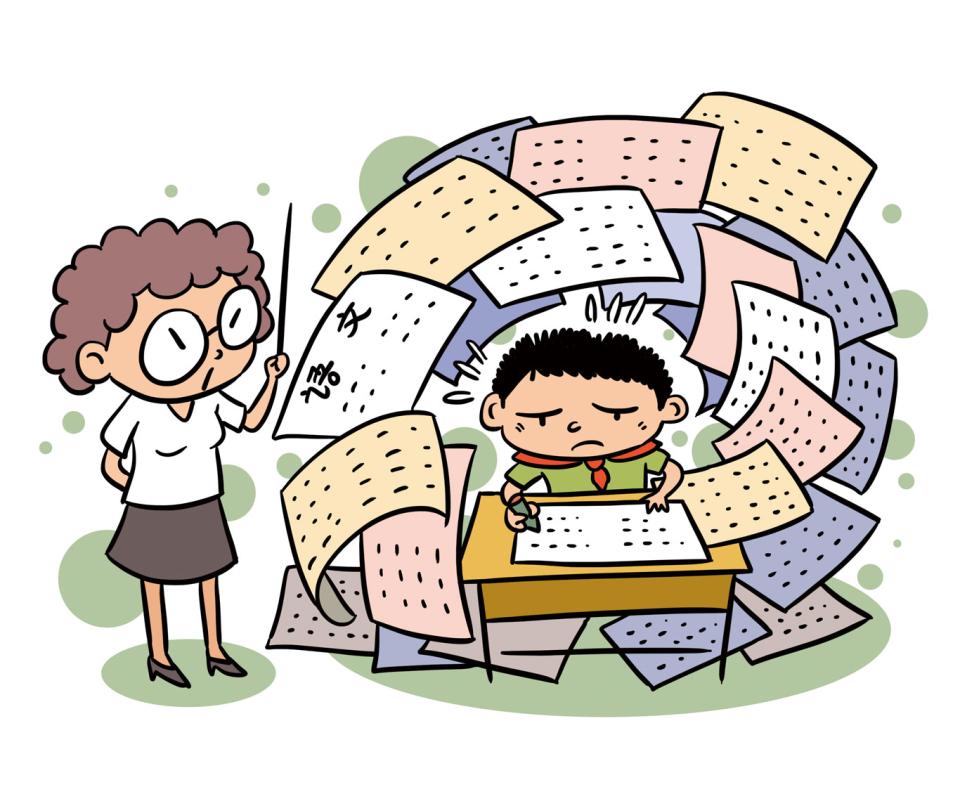
 Old Version
Old Version
